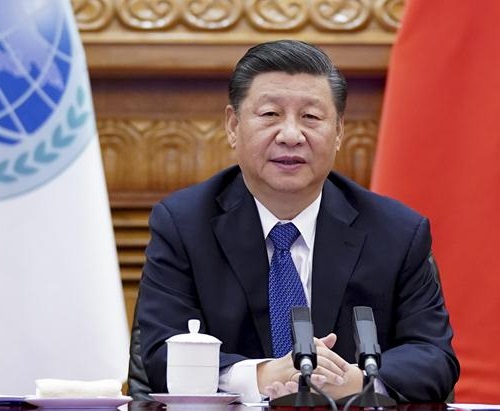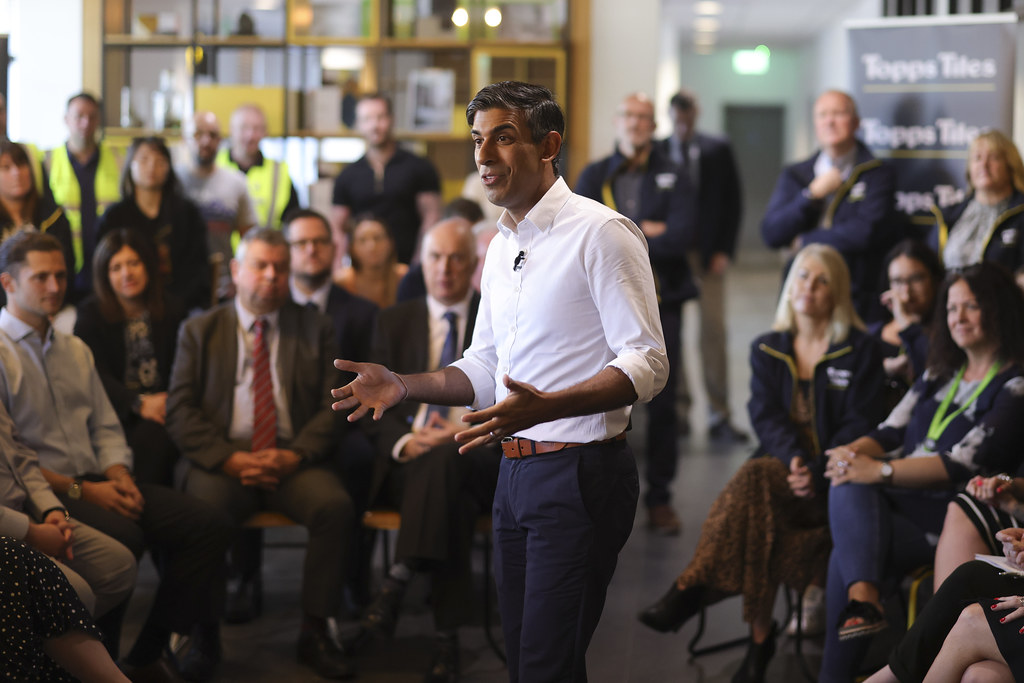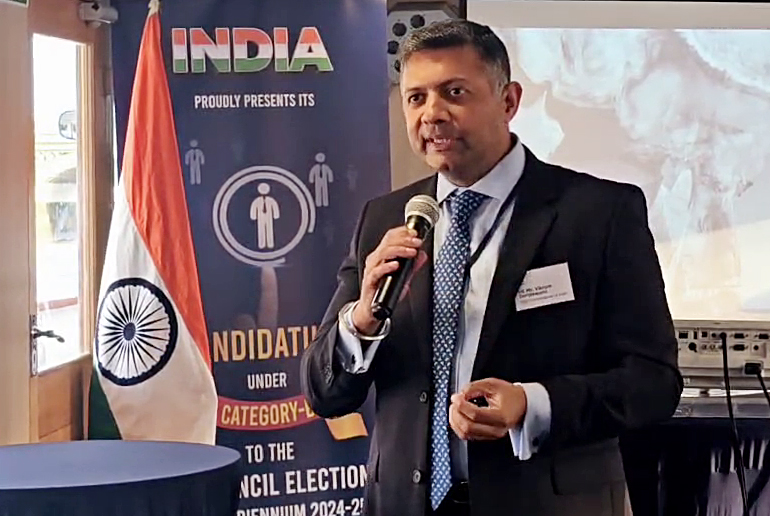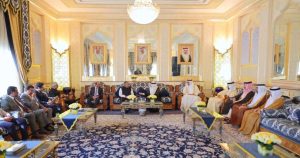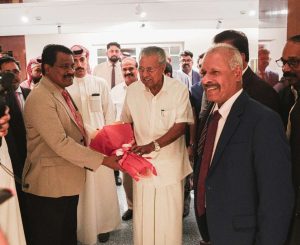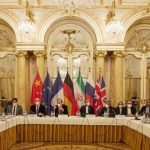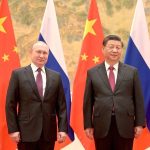This more aggressive approach has been spurred on by increased political, economic and technological tensions with the US and its partners, as China has long had ambitions to revise the current world order and replace America as the global superpower…reports Asian Lite News
A quest for status, changing views of deterrence and the desire to get Taiwan back are among the drivers of China’s current nuclear expansion, according to experts at The Democracy Forum’s (TDF) August panel discussion, which focused on what has led to this momentous build-up, as well as aiming to uncover its extent and strategic imperatives.
The Democracy Forum (TDF) is a not-for-profit NGO that promotes ideals of democracy, pluralism and tolerance through public debate.
Recalling the Pentagon’s admission, in 2021, that the PLA was on track to quadruple its stock of nuclear warheads to 1,000 by 2030, TDF president Lord Bruce on Wednesday noted that China’s nuclear expansion appears to be shifting towards a much less restrained and more offensive posture.
Analysts such as Austin Long suggested that, by 2030, China’s ‘force structure and posture will be similar to America’s and Russia’s in many ways in light of the Pentagon’s reassessment of Chinese nuclear capability to 1500 warheads by 2035.
Lord Bruce also highlighted a warning by former US Secretary of State Henry Kissinger, who recently visited China, that humanity’s future is endangered by a fundamental lack of trust between China and the US, leaving the world ‘on the path to great power confrontation’, with both sides having ‘convinced themselves that the other represents a strategic danger.
Within a week of Kissinger’s visit, the Chinese government published a revised Foreign Relations Law.
Article 33 states that China has the ‘right’ to carry out ‘countermeasures’ against actions that ‘violate international laws and fundamental norms of international relations’ or ‘undermine China’s sovereignty, security, or development interests’. Such actions could include semiconductor-related export restrictions imposed by the US, Japan and other counties.
Concluding his cautionary introduction, Lord Bruce cited defence analyst Andrew Krepinivich’s emphasis on the essential driver of China’s decision to superpower-size its arsenal, to seek ‘nuclear parity with America and Russia’. He also underscored Krepinivich’s warning that ‘parity… cannot be achieved in a tripolar system, because it is not possible for each member to match the combined arsenals of its two rivals.
Any attempt to do so risks triggering an arms race with no possible end state, or winner’.
China’s nuclear expansion was set in the context of its wider geostrategic ambitions — as articulated in Xi Jinping’s stated goals and ideological motivation — by former British diplomat and associate of the Council on Geostrategy, Matthew Henderson. He identified core issues raised by China’s nuclear buildup, which disrupts global security structures and poses the greatest threat to democracy, world peace and stability since the end of the Cold War.
While the original objective of China’s nuclear weapon capability was to establish a minimum ‘no first use’ deterrent, for the past five years plans have been advancing to increase the number of nuclear warheads dramatically and update the means by which they can be delivered. This build-up is not happening in isolation, but is an integral part of the projection of Chinese state power worldwide, in the wake of its huge economic growth.
This more aggressive approach has been spurred on by increased political, economic and technological tensions with the US and its partners, as China has long had ambitions to revise the current world order and replace America as the global superpower.
China is already actively engaged in a struggle for hegemony, which takes the form of relentless cyber espionage, propaganda campaigns, theft of technologies and economic/political coercion, the TDF discussed.
Vis-à-vis China’s efforts to resume its ownership of Taiwan, Henderson flagged the intensifying question of how far defensive support for Taiwan from the US and others could or should go, as well as doubt over China’s supposed ‘no-first use’ policy, which is no longer sufficient for Xi Jinping’s vision. (ANI)
ALSO READ-Escalating China-Taiwan tension worries Philippines

